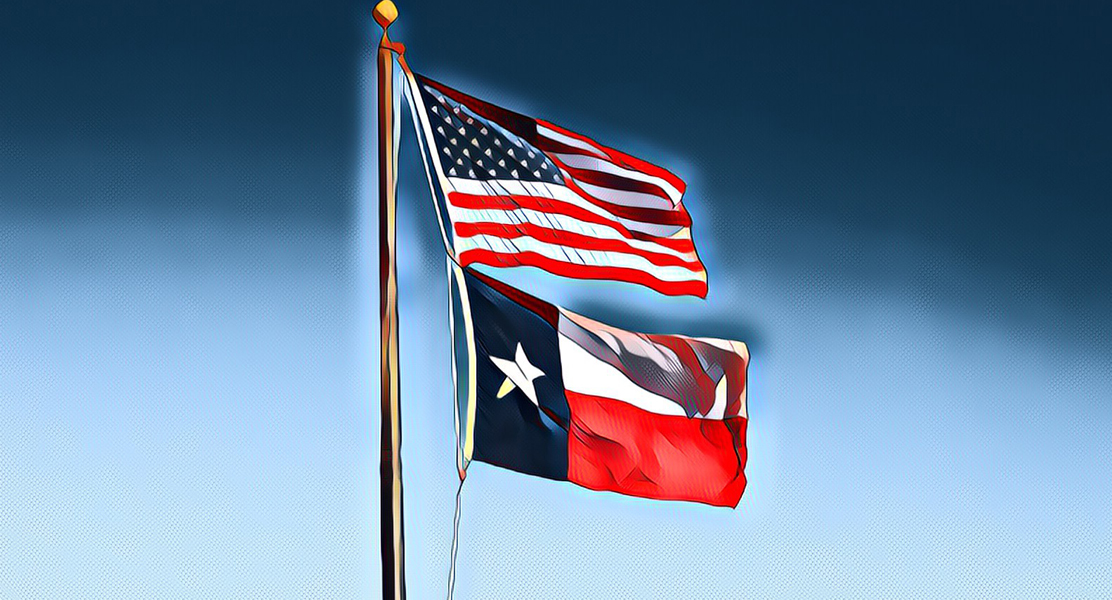Texas files suit against California in U.S. Supreme Court as dispute over religious right of refusal intensifies

Texas Attorney General Ken Paxton has asked the U.S. Supreme Court to step in and halt one of the latest developments in the escalating tension between states over the rights of organizations and businesses to refuse to provide services that would conflict with their religious beliefs. The state is challenging as unconstitutional a California law that prohibits state funds from being used for travel to states with laws deemed discriminatory in the name of religious freedom. The ban currently applies to 11 states.
The law was applied to Texas in response to legislation allowing child placement service providers to refuse placement that would conflict with their religious beliefs. Paxton says that the California law amounts to retaliation that is rooted in hostility toward religion. Although the claim does not arise out of the First Amendment, it emphasizes that under the Supreme Court’s ruling in Masterpiece Cakeshop, no government action reflecting animus toward religion is legitimate. Without a legitimate purpose, Paxton argues, the ban violates constitutional provisions guaranteeing an equal economic footing between states.
Here are a few excerpts from the introduction of Paxton’s brief in support of his request for an injunction halting enforcement of the law either in total or at least against Texas:
California’s travel ban is an affront to the sovereignty of Texas—as well as the ten other States that California has blacklisted. It threatens the finely wrought structure of our federal government by Balkanizing States that are meant to be United. And it harms untold numbers of citizens—in Texas and elsewhere—who have lost the opportunity to furnish goods and services to their Californian neighbors.
The sovereign interests at stake, the possibility of tit-for-tat retaliation, and the concrete economic harm to individual citizens and their governments all make this an appropriate case for the exercise of this Court’s original jurisdiction.
…From the very beginning, the [California] law’s purpose has been clear—to “respond[ to state laws] modeled after the federal Religious Freedom Restoration Act.” California’s travel ban expressly targets the citizens and businesses of States, like Texas, that “offer[] more protection for religious freedom” than California finds appropriate.
Some of the other states that are subject to California’s law have responded with their own economic prohibitions. Texas is the first to request direct intervention by the U.S. Supreme Court. While most federal lawsuits must travel up to the Supreme Court through a district trial court and circuit court of appeal, the Supreme Court can exercise jurisdiction in a suit between states like this one.
“If this cycle of retaliation continues,” the brief warns, “it will leave a country divided into red and blue States: The former spend money only in other red States; the latter spend money only in the blue ones. Rather than contribute to this division, Texas invokes the mechanism that our federal Constitution prescribes for resolving conflicts like this one.”
Stay tuned.




